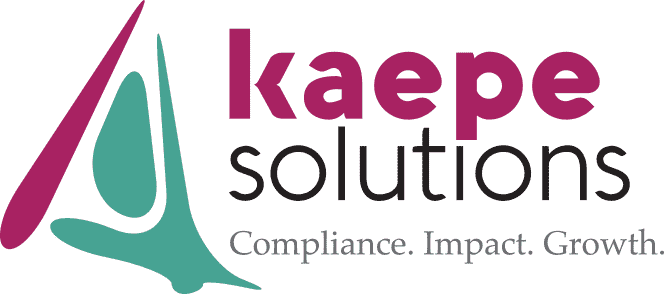In Part 1 of this article we looked at some general issues with how to deal with fraud. In this article we look at specific steps for managing fraud.
Develop a fraud policy that includes:
- Corporate ethics
- Conflict of interest
- Gift acceptance policy
- Fraud and whistle blower standards
- Guidance to identify what is fraud
- Guidance on how to report fraud
- External reporting services (e.g. EthicsPoint)
- Hotline
- Email to Internal Auditor, management, board
- Provisions for maintaining confidentiality
Establish procedures for how to look for fraud
- Internal audits
- External audits of HQ and field offices and records
- “Desk Audit” of monthly reports against supporting documents
- Monitoring process
- Compliance visits
- Donor audits
- Whistleblower program
- Happenstance: fraud comes to light by accident
Ensure protections for possible whistleblowers
- Employees
- Former Employees
- Partner organization staff
- Clients
Determine process for responding to reports of alleged fraud/whistleblower reports
- Reports referred to an established group delegated with fraud management authority: President/Director, compliance staff, Internal Audit, Chief Financial Officer, HR, Board members
- Determine and implement standards for decision-making on follow-up or taking no further action on allegations
- Establish policy on who will be advised of investigation
- Establish process for selecting investigative team
- Subject specialist
- Compliance experts
- Auditors
- Establish process for unannounced investigative visit by team
- Secure files
- Staff interviews
- Whistleblower identity protections
- Whistleblower protections from retribution
- Process for obtaining more specific, verifiable information
- Opportunity for accused to respond to allegations
- Prepare written report
- Report presented to the appropriate staff:
- Management
- Board
- Donors
- Law enforcement
- Findings shared with accused and actions taken
- Accusation without merit; no further action
- Accusation proven
- Written warning with penalties
- Termination
- Legal action; civil or criminal
- Occasionally, accusation alleges broad wrong doing and only a portion can be proven:
- Accusation: Director violated procurement procedures because he is getting a kickback from Vendor X.
- Violation of procedures is proven
- Kickback scheme is not proven
- Accusation: Director violated procurement procedures because he is getting a kickback from Vendor X.
Risks with Fraud Investigation
- Amazon.com? CSI DVDs? How does the investigator get his/her skills?
- Determine beforehand the approach to use (be prepared) and adjust when on the ground (flexibility)
- Should intuition be part of the approach?
- Go in with an open mind; be fair, objective, be nice! Probe, get the confidence and trust of the staff.
- Work outside the office as much as possible.
- Use the approach that works best for you.
In the final part 3, we look at some fraud scenarios, possible approaches to address them and the impact on the organizations.
